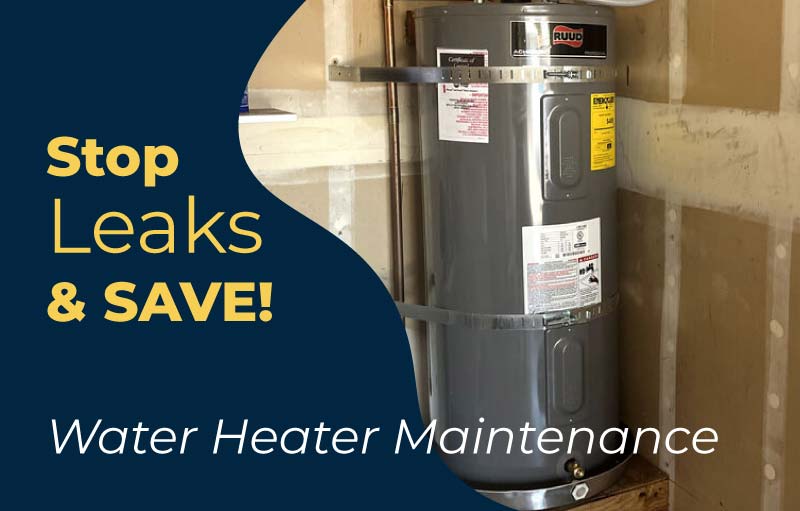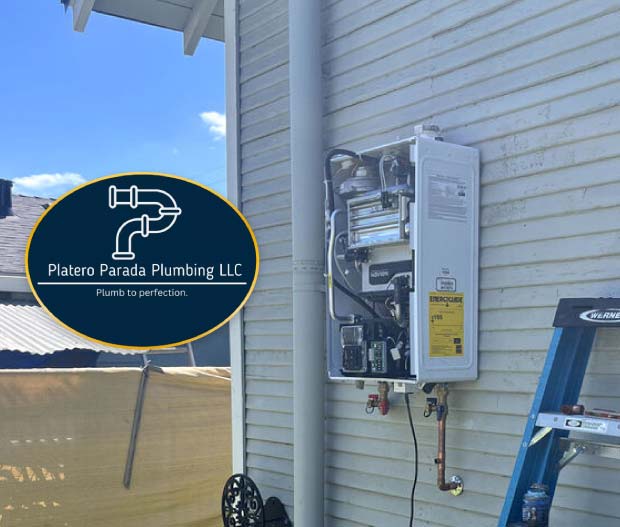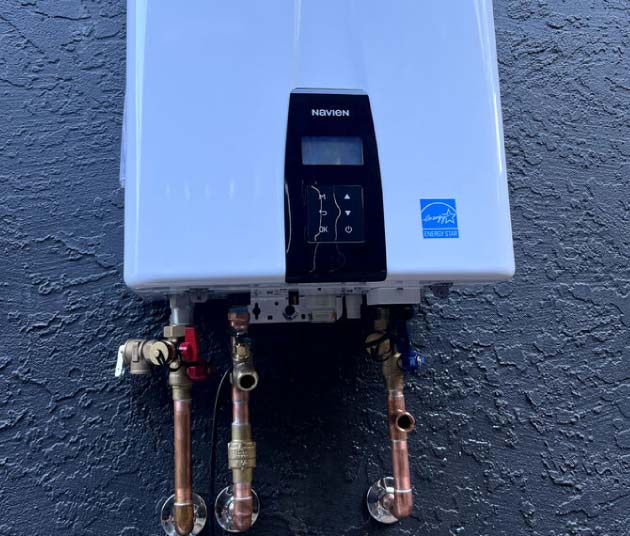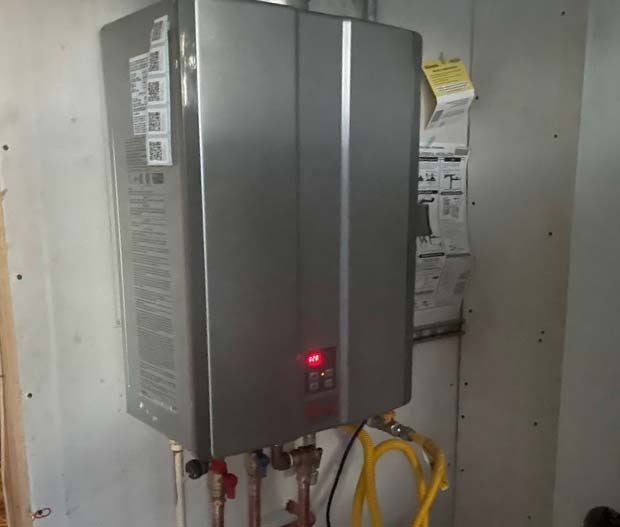Did you know that a single water heater leak can cause thousands of dollars in property damage and even pose serious safety risks to your family? The thought of a flooded basement or an electrical hazard is terrifying, but what if there were a way to significantly reduce that risk?
You’ve heard about the dangers, and now it’s time to learn the solutions. So, how to prevent water heater leaks? This comprehensive guide reveals the essential, proven steps homeowners can take now to protect their homes, their wallets, and extend the life of their water heater for years to come.

Table of Contents
The Importance of Regular Inspections
One of the most effective ways to prevent water heater leaks is to schedule annual inspections with a licensed professional. A qualified plumber can check for signs of corrosion, faulty valves, sediment buildup, or venting issues, especially in gas heaters. Early detection of these problems can prevent them from escalating into major leaks or failures. Platero Parada Plumbing offers thorough inspections to ensure your water heater is in optimal condition.

Flushing the Tank to Prevent Leaks
Sediment buildup is a common cause of water heater problems, including leaks. Flushing the tank once a year helps to clear out this sediment, which can cause overheating and stress on the tank. This simple maintenance task can significantly extend the life of your water heater and how to prevent water heater leaks caused by sediment.
Testing the Temperature and Pressure Relief (T&P) Valve
The Temperature and Pressure Relief (T&P) valve is a critical safety feature that relieves excess pressure within the tank. It’s important to test this valve periodically to ensure it’s functioning correctly. A faulty T&P valve can lead to dangerous pressure buildup and leaks. Regular testing is a key part of how to prevent water heater leaks.

Regularly Inspecting the Unit
Homeowners should regularly inspect the base of their water heater for any signs of rust, water stains, or corrosion. Catching small leaks early can prevent them from turning into larger, more damaging problems. This simple visual check is an important step in how to prevent water heater leaks.
Additional Preventive Measures
Beyond these core maintenance tasks, several other steps can help prevent water heater leaks:
- Installing a Leak Detection Sensor or Alarm: This provides an early warning if a leak occurs, especially when you’re away from home.
- Setting the Thermostat to 120°F: This helps prevent overheating and extends the system’s lifespan.
- Knowing the Location of Shut-Off Valves: Homeowners should know where their water shut-off valve and circuit breaker or gas shutoff is located, so they can act quickly in an emergency.
- Considering Proactive Replacement: If your water heater is over 8 to 12 years old, consider replacing it proactively, as older units are more prone to failure.
- Installing a Drain Pan: For added protection, especially in attics or interior closets, consider installing a drain pan with an overflow pipe to redirect minor leaks safely.
- Ensuring Proper Ventilation (for Gas Heaters): For gas heaters, make sure the exhaust flue is properly installed and unobstructed, and maintain at least 18 inches of clearance around the unit for proper airflow and safety.
- For more detailed information on maximizing your water heater’s efficiency and lifespan, resources like the U.S. Department of Energy’s guide offer valuable insights.
By staying on top of maintenance and taking these preventive steps, homeowners can significantly reduce the risk of water heater leaks, protecting their property, safety, and peace of mind. Platero Parada Plumbing is committed to helping homeowners maintain safe and efficient plumbing systems.
FAQs About Water Heater Leak Prevention

How often should I drain my water heater to prevent leaks?
It is generally recommended to drain your water heater once a year to remove sediment and prevent leaks caused by corrosion.
What are the signs of a faulty T&P valve?
Signs of a faulty T&P valve include water leaking from the valve, a continuously running valve, or no water discharging when the test lever is lifted.
Can high water pressure cause my water heater to leak?
Yes, high water pressure can put excessive stress on your water heater and its connections, increasing the risk of leaks. A pressure regulator can help prevent this.
Is it better to repair or replace an old water heater to prevent leaks?
If your water heater is over 8 to 12 years old, replacing it is often a more cost-effective and reliable solution to prevent leaks, as older units are more prone to failure.
Are there any specific precautions for preventing leaks in tankless water heaters?
While tankless water heaters are less prone to leaks from sediment buildup, it’s important to protect them from freezing temperatures and ensure proper installation and maintenance of connections to prevent leaks.

